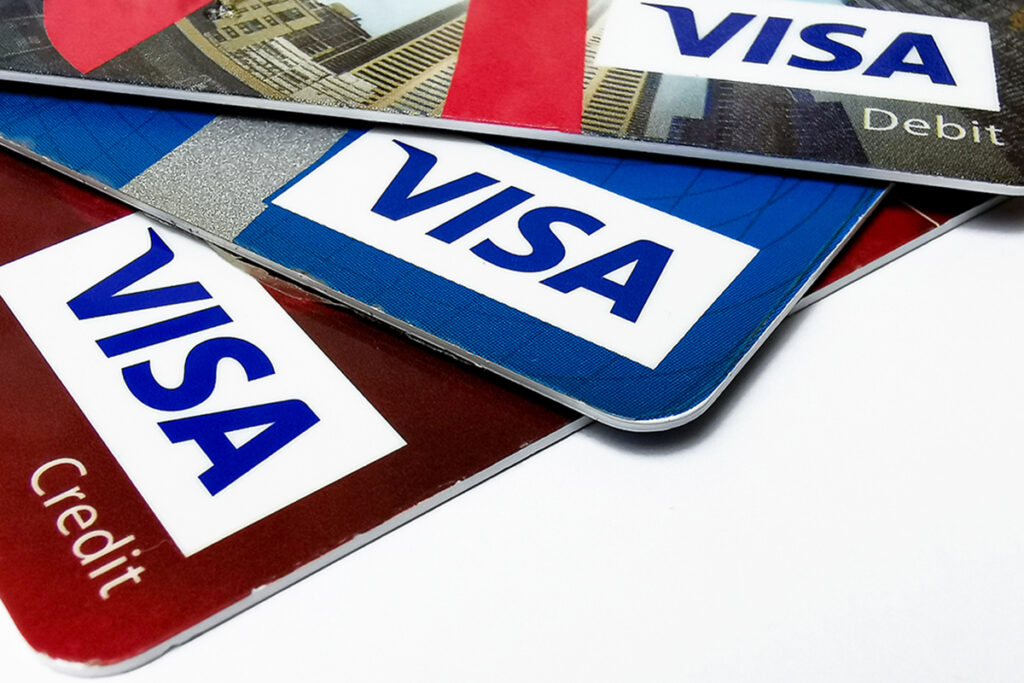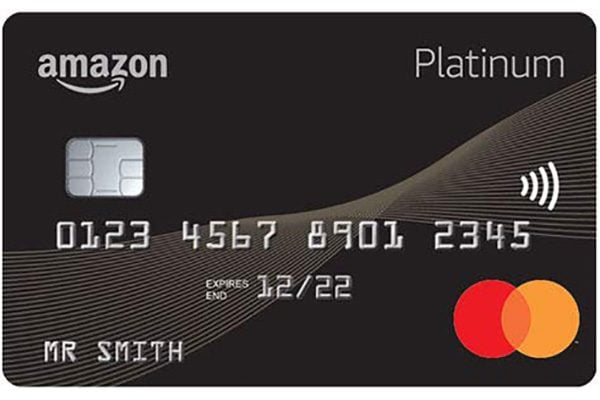It looks very much like buying anything from a merchant in an EU country could become more expensive for UK consumers – Visa are likely to jack up what are called ‘Interchange fees’ and Mastercard have already announced that their fees are going up in October.
Interchange fees are the cost a merchant’s bank account pays whenever a customer makes a purchase and pays with a debit or credit card. For online payments, Visa looks set to increase the fee from 0.3% to 1.5% for credit card payments and from 0.2% to 1.15% for debit cards. These changes will impact the cost of doing business when a UK consumer buys from an EU merchant.
Previously, Visa and Mastercard fees were regulated by the EU but, since Brexit, transactions with the UK are no longer covered in the same way giving the finance houses free rein to ramp up fees.
The only question is will EU merchants simply absorb the additional fees or will they hike their prices to cover their ~1% losses. The reality is for many, it will be difficult to set one price for EU customers and another for UK customers unless they have two distinctly different websites – the reality is if they hike their prices that costs will rise for EU consumers as well as for their UK customers.
“It’s likely that the reason for this change in fee structure is that card networks have seen a significant drop in cross-border transactions, which already carry higher fees than domestic transactions. This is likely to have had a material impact on revenues. Visa reported 29% fewer cross-border transactions in Q3 2020, while Mastercard reported 36% fewer, and recovery has been slower than anticipated.
By raising interchange fees for EU merchants doing business in the UK, they will be able to recover some lost revenue, as the UK is no longer protected by EU regulation on fees.
As the UK is a net importer of goods from the EU, the unfortunate consequence of the hike in interchange fees is that the cost will mainly be felt by UK customers who are buying from European merchants online.
Merchants with already narrow margins will feel the pain most, so this is likely to hit travel and hospitality hardest – terrible news for industries who have had a difficult 12 months and whose recovery will be further hampered by additional pressure on already tight cashflow. Many of them will inevitably feel that they have to pass the costs on to their customers because they just can’t afford to absorb them.”
– Neil Smith, Head of Strategic Partnerships UK, EMEA, APAC, Forter










One Response
with luck this will give scope for other payment system competitors.
the (fabulously profitable) survival of the big two cards is onew of the oddments of the digital age. In 30years no-one has come up with anything better.
is the ‘grip’of the two dominant cards a result of the desperation of the user banks who have profited from the relationship, do very little to contribute to a cr card transation but have seen their other milch cows destoyed by competition?